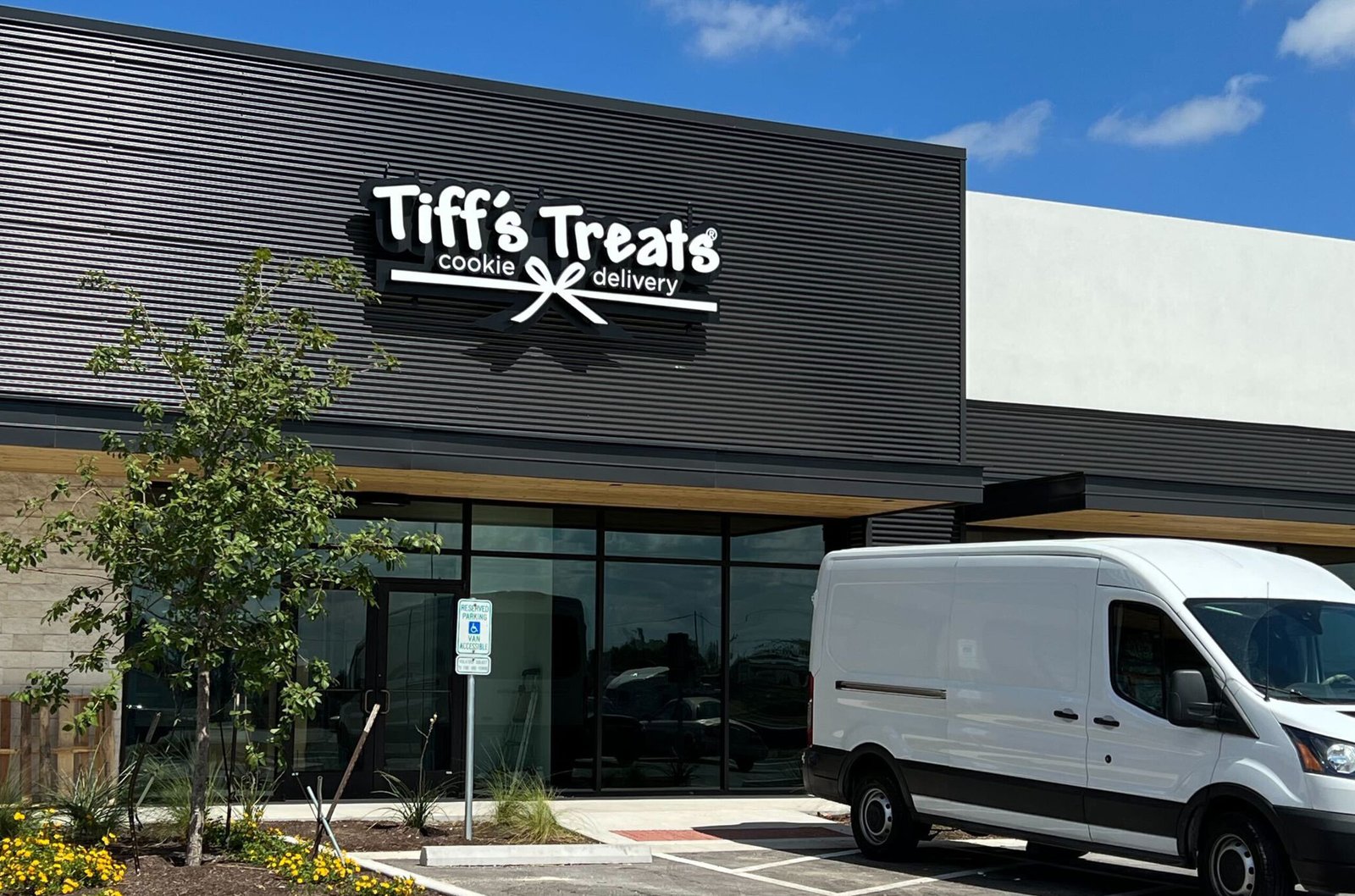As a homeowner in Florida, you’re probably familiar with the many expenses that come along with owning a property. From mortgage payments to maintenance costs and everything in between, it can be tough to keep up with all of your financial obligations. But there’s one expense that often gets overlooked: reserve funds. These are essential for any Florida homeowner looking to protect their investment and ensure long-term financial stability. In this blog post, we’ll explore what reserve funds are, why they’re important, how much you should have saved up, and more. So sit back, grab a cup of coffee (or your favorite beverage), and let’s dive into the world of Florida reserve funds!
What are Florida Reserve Funds?
Florida reserve funds are essentially savings accounts that homeowners can use to cover unexpected expenses related to their property. These funds are specifically set aside for things like repairs, maintenance, and other unforeseen costs that might arise over time.
These funds are particularly important in Florida due to the state’s unique climate and geography. With hurricanes, floods, and other natural disasters a common occurrence in this part of the country, it’s essential for homeowners to have some money set aside just in case something goes wrong.
One thing that sets Florida reserve funds apart from other types of savings accounts is that they’re often required by law. In many cases, condo associations or homeowner’s associations will require residents to contribute a certain amount each month towards these funds as part of their overall dues.
While having a reserve fund may seem like an unnecessary expense at first glance, it can actually save you quite a bit of money in the long run. By having some cash on hand when unexpected expenses come up (and trust us – they will), you’ll be able to address them quickly and prevent them from turning into bigger problems down the road.
Why are they important?
Florida Reserve Funds are an essential aspect of owning a home in Florida. They are funds set aside to cover the cost of future repairs, replacements, and maintenance of your property. Reserve Funds serve as a safety net for unexpected expenses that may arise in the future.
These funds help ensure that homeowners have access to resources when they need them most. For example, if there is damage caused by natural disasters like hurricanes or floods, reserve funds can be used to pay for necessary repairs quickly.
Having adequate Florida Reserve Funds also helps maintain the value of your property over time. Regular maintenance and upkeep keep your home looking great while protecting it from wear and tear.
Without these funds, homeowners would have to rely on out-of-pocket payments or loans to cover repair costs which could lead to financial difficulties down the line.
In essence, having sufficient reserve funds ensures peace of mind knowing that you’re prepared for whatever comes your way.
How much should you have in your Florida Reserve Fund?
Determining how much should be in your Florida Reserve Fund can be a daunting task. The amount needed will depend on various factors such as the size of your property, the age and condition of your building, and any potential upcoming maintenance expenses.
It is recommended that homeowners aim to have at least 10% of their annual budget allocated towards reserve funds. However, it’s important to note that this percentage may vary depending on individual circumstances.
Consulting with financial professionals or industry experts can provide more clarity on determining an appropriate amount for your specific situation. It’s also crucial to regularly review and adjust reserve fund contributions based on any changes in maintenance needs or unexpected expenses.
Having adequate reserves ensures that you are prepared for unforeseen expenses without having to dip into personal funds or rely solely on special assessments from other homeowners.
What if you don’t have a Florida Reserve Fund?
Not having a Florida Reserve Fund can be a daunting situation for homeowners in the state. Many might think that they can get away with not establishing one, but this mindset could lead to financial trouble down the line.
Without a reserve fund, unexpected repairs and replacements will have to come out of pocket, which could easily add up to thousands of dollars. It’s important to remember that these expenses aren’t just limited to small fixes like leaky faucets or broken appliances; major repairs such as roof replacements or plumbing issues can arise at any moment.
Furthermore, without enough funds set aside for emergencies, homeowners associations may also have difficulty securing loans if necessary. This could delay crucial repair work and ultimately lead to further damage and increased costs.
To avoid these potential headaches, it’s essential for every homeowner in Florida to establish a reserve fund as soon as possible. Although it may seem overwhelming at first, setting aside even small amounts each month can make all the difference when an emergency arises.
How to get started with your Florida Reserve Fund
If you are a homeowner in Florida, it is essential to start building your reserve fund as soon as possible. But how do you get started with your Florida Reserve Fund? Here’s what you need to know.
Determine how much money you will need for the reserve fund. This can depend on various factors such as the type of property, its age and condition, and any upcoming repairs or maintenance that may be needed. A general rule of thumb is to set aside at least 10% of your monthly budget towards this fund.
Next, create a separate savings account specifically for the reserve fund. Make sure that this account is easily accessible but not too easy that it becomes tempting to dip into it for other purposes.
Consider automating contributions to this savings account by setting up an automatic transfer from your checking account each month. This ensures consistent contributions without having to remind yourself every month.
It’s important also not just stop contributing once you’ve reached your target amount since unexpected expenses can still come up anytime (e.g., natural disasters). Keep adding funds regularly even when there are no known issues with the property.
Starting a Florida Reserve Fund may seem daunting at first but taking these steps will help ensure financial stability and peace of mind in case emergencies arise.
Conclusion
As we near the end of this article, it’s important to remember the significance of Florida Reserve Funds. These funds are a crucial aspect of responsible homeownership and should not be overlooked.
By having a Florida Reserve Fund in place, you can ensure that your property is well-maintained for years to come. This means that unexpected repairs or replacements won’t catch you off guard financially.
It’s important to note that there isn’t a one-size-fits-all answer when it comes to how much money you should have in your reserve fund. The amount will depend on various factors such as the size and age of your property, location, and potential repair costs.
If you don’t currently have a Florida Reserve Fund set up, now is the time to start planning. It may seem daunting at first but taking small steps towards building up your fund can make all the difference in ensuring financial stability down the line.
Understanding the importance of Florida Reserve Funds is critical for any homeowner looking to protect their investment. By staying informed and proactive about setting up these funds, you can rest easy knowing that unexpected costs won’t derail your financial plans.


